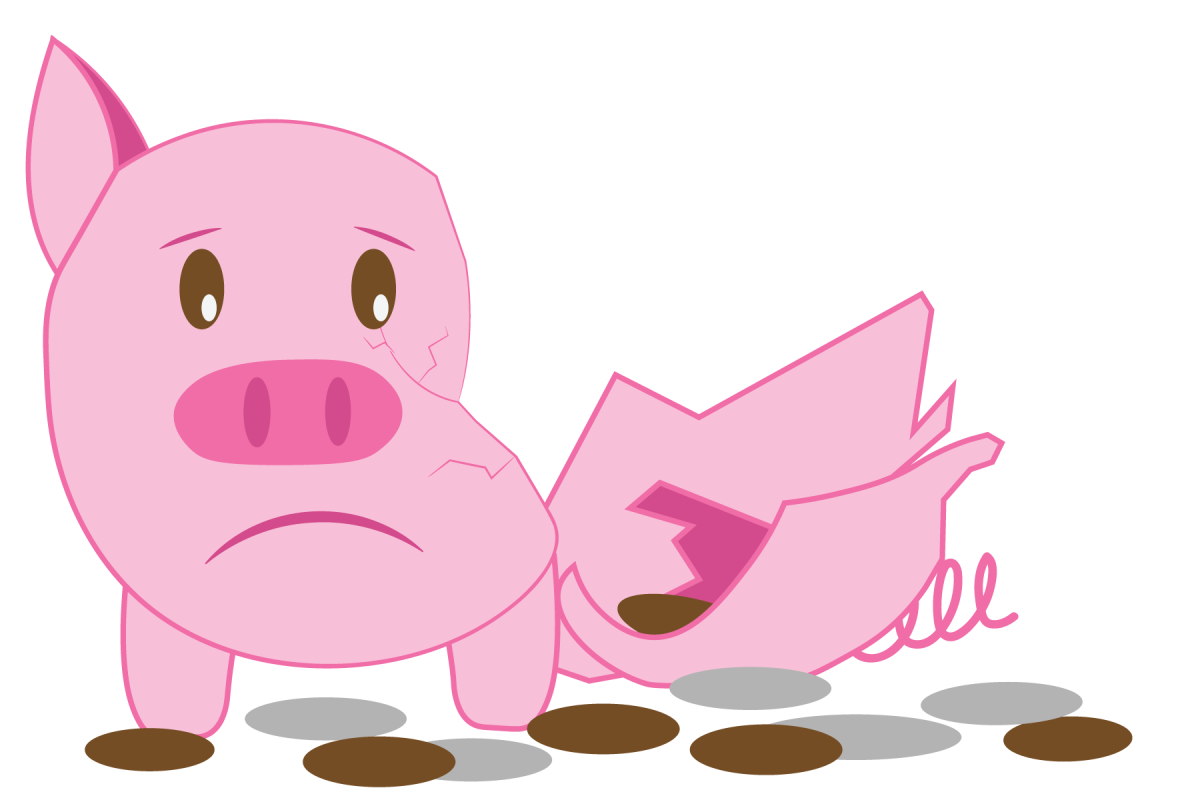Many people reading this article may already know what the pink tax is. For those who do not, mainly the male population, the pink tax refers to the different prices on items targeting a specific gender. Many times, women’s products are priced higher than their identical male counterparts. The reason it is called the pink tax is because many times, the only difference between male or female products is that the women’s product is pink. Pink tax should not exist and yet here it is. It goes unnoticed by many and is normalized for generations of women. The pink tax should disappear if the U.S. wants to continue shouting women and men are treated equally.
Some people reading this article may want to defend the pink tax, claiming it is a tax that goes to the government and improves public spaces; they would be incredibly wrong. In fact, the pink tax does nothing to aid the government because it’s not a tax at all. Every additional cent female-marketed products are charged compared to men’s products goes straight back into the company that originally set the price.
In 2021, there were over 450 male CEOs and only 41 female CEOs according to Fortune. With this statistic in mind, it is not surprising that within the beauty industry, close to two/thirds of executives are men. This explains why there is a price increase on women’s products. With the beauty industry being dominated by men but targeted toward women, it is interesting to think about how many of those men are raising the prices for women without realizing the impact it has.
The pink tax is not only something that concerns women’s rights, but also financial status. The term pink tax was coined in the 1990s, when it was discovered women paid around $1,351 more per year for the same products men received. With inflation taken into account, women paid around $2,300 more per year. More recently, in 2020, the California Senate Committee on Judiciary and Senate Select Committee on Women, Work & Families found that every year, women in California paid more than $2,381 for the same items as men. This is infuriating, but makes it worse when women’s basic hygiene products are considered luxury items.
Currently, there are 21 states where women are still paying sales tax on feminine hygiene products, such as pads and tampons, because they are not considered necessity items to the government. North Carolina is one of the states that still taxes menstrual products, creating the question of what products are considered necessary to become tax exempted? It would have to be a rigorous process to make it onto the tax exempt list. Certainly tickets to several professional sports games, chainsaws priced at over $100 or, the best one, barbecue sunflower seeds are reasonable to be tax exempted, at least according to the respective states. What has the U.S. come to in order to put these types of items over the needs of women who are having to spend so much more money than men?
The amount of money women have to spend because of the pink tax would still be unfair, but slightly more bearable if not for the pay difference. By adding taxes to necessary items for women or increasing the cost of women’s items, it severely decreases the amount of money women have to spend on other items. On average, women are paid around 83.7% of what men are paid. So on top of having to pay more for items, they are also paid less in the workforce. It is ludicrous that women are told the pink tax only adds around $2 here and there, and it does not make much of a difference at the end of the day.
The pink tax continues to prove time and time again that the world was initially built around men, not women. Anything involving women can be charged so much more, from razors to haircuts to anything pink; the pink tax exposes the sexism and blatant patriarchy that is currently in place. It is time to bring up bills that would ban the pink tax or vote people into powerful positions that are willing to take a stand for women. It is time to take a stand against the pink tax.




